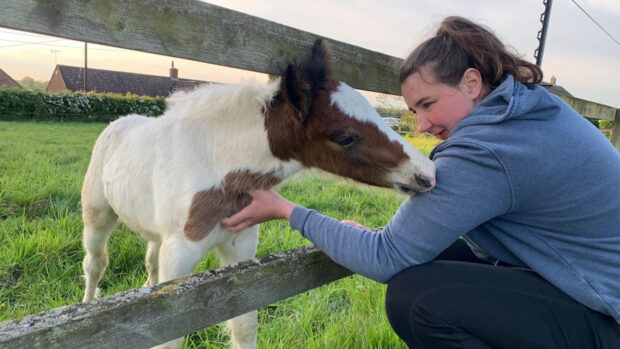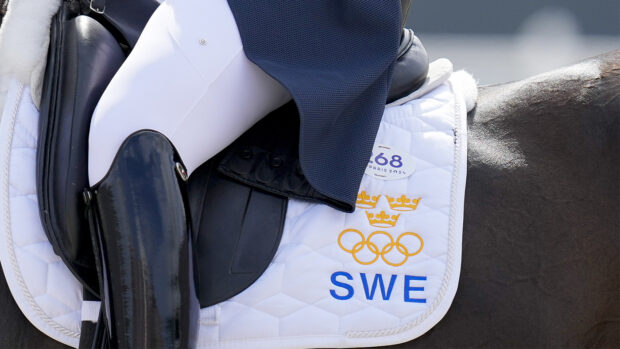Momenta, the company in charge of the National Equine Database (NED), has warned that unless horse passport issuing organisations (PIOs) provide essential initial data to set up the system, the database might fall short of its potential.
Fewer than half the 70-plus PIOs have provided any “legacy data” (existing records that will determine how the system is set up) at all even though the deadline passed more than a fortnight ago. Several major PIOs, even technologically advanced ones such as Weatherbys, have yet to submit data.
“We have received tens of thousands of records, rather than hundreds of thousands,” says Christina Cameron, managing director of Momenta and project director within the company for NED. “Some PIOs – small, large and commercial – haven’t sent us anything.
It worries me a bit because this is a chance for the industry to get the database shaped in the way it wants. If we don’t get the range of data, aspects that PIOs think important may not be reflected in the final database.”
Momenta staff have contacted PIOs individually to encourage them to send data, but to little effect, with passport applications awaiting processing and shows in full swing.
“We have to work with the data we’ve got, but we may have to visit a number of PIOs to make sure that the specification for NED is what industry wants. Even if PIOs can send us sample records, that will help,” adds Christina.
“If the proportion of responses is still below half next month, we have to work out with DEFRA and the NED shadow board what is representative data and use that.”
However, Momenta will input legacy data – even if it arrives in a shoebox (although none has so far) – until the end of 2004.
Christina refused to say which PIOs had not sent data, but the most records from a single society is 15,000 – ruling several major players out of having sent all data.
A Weatherbys spokesman says: “In the next weeks, we’ll be sending data for every horse we have registered since 1965, but we have to write a computer programme to transfer the information.”
The BHS was unable to confirm whether it had sent any legacy data.
|
||
 |
||


 Get up to 19 issues FREE
Get up to 19 issues FREE TO SUBSCRIBE
TO SUBSCRIBE 



